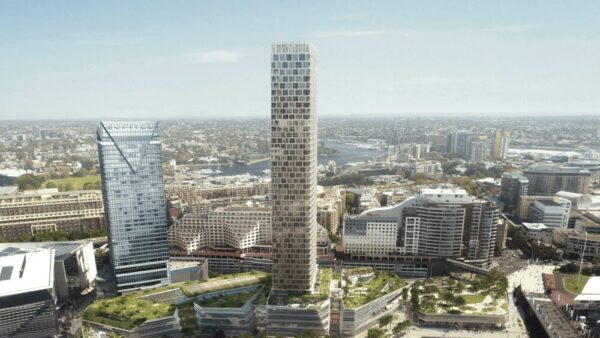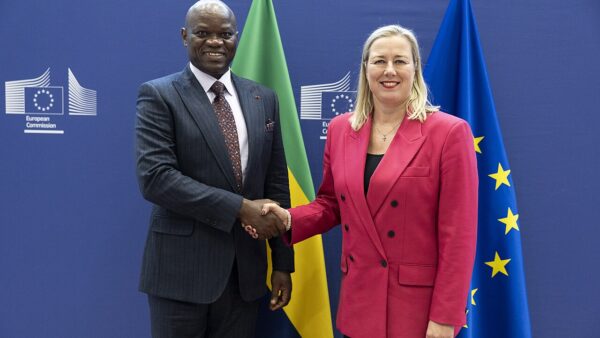The political turmoil engulfing Malaysia this week is bad news for major projects there, Fitch Solutions has warned.
Investor confidence could drop and project risk will increase with the sudden resignation of Prime Minister Mahathir Mohamed on 24 February, just two years winning power in the 2018 general election, the analyst said in a note sent to GCR.
The fate of major projects like the Kuala Lumpur-Singapore high-speed railway and the MRT 3 Circle Line project – already under review – “continue to hang in the balance, with fresh political uncertainty injected into the mix just as more clarity on the these projects had begun to emerge,” Fitch said.
Mahathir’s shock resignation came after the collapse of the party coalition assembled to put him in power.
One of his first actions on taking office was to scrap the $27.6bn high-speed railway, saying it would “bankrupt” the country.Â
A few months later, he suspended the $20bn, 688km East Coast Rail Link, set to be built and financed by China, although it was revived, with a reduced price tag, in April 2019.Â
Said Fitch: “With the departure of key policy makers such as Minister of Transport Anthony Loke, Minister of Economic Affairs Azmin Ali and Minster of Finance Lim Guan Eng, all whom likely played an instrumental role in the shaping of Malaysia’s infrastructure policies throughout Mahathir’s term as Prime Minister, the country’s infrastructure development plans could once again be impacted, depending on the political developments in the coming days and weeks.”
Fitch said Mahathir’s “wavering stance” on big-ticket infrastructure schemes has sparked investor concerns and increased the level of project risk in the country.
“The current situation, in our opinion, does not bode well for short-term growth prospects of the overall construction industry, as once again, investors, especially those of foreign origin, will likely put a hold to investments plans and wait out for more clarity on the political situation in the country,” said the analyst.
It cut Malaysia’s short term political risk score from 72.5 to 69.8, suggesting elevated risks to policy making and continuity.
However, Fitch kept its forecast for Malaysia’s construction sector to grow by 3.5% in real terms 2020.
Image: Malaysian Prime Minister Dr. Mahathir Mohamad greets US Secretary of State Michael Pompeo in Putrajaya, Malaysia, August 2018 (State Department Photo/Public Domain)
Further reading:






